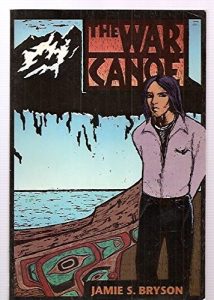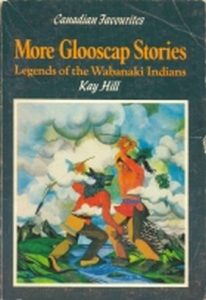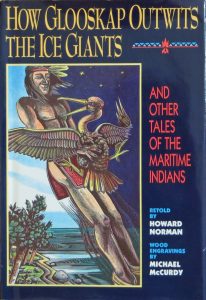 Six tales featuring the mythical giant who roamed the coast to New England and Canada, created the Indian peoples to keep him company, and fought battles to protect them ever after.
Six tales featuring the mythical giant who roamed the coast to New England and Canada, created the Indian peoples to keep him company, and fought battles to protect them ever after.
Author: Book Importer
The War Canoe
Arctic Summer
More Glooscap Stories: Legends of the Wabanaki Indians
The Fire Stealer
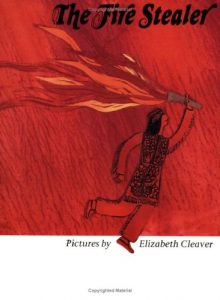 This is the story of Nanabozho and how he brought fire to the Indians. Nanabozho transformed himself into a rabbit, tricked his way into a warrior’s wigwam and stole a torch of fire enabling his people to warm themselves in winter and cook their food. So that he would always be remembered for what he had done, Nananbozho worked his magic on the trees and every fall we still see the flaming colors of fire in their leaves.
This is the story of Nanabozho and how he brought fire to the Indians. Nanabozho transformed himself into a rabbit, tricked his way into a warrior’s wigwam and stole a torch of fire enabling his people to warm themselves in winter and cook their food. So that he would always be remembered for what he had done, Nananbozho worked his magic on the trees and every fall we still see the flaming colors of fire in their leaves.
The Elders Are Watching
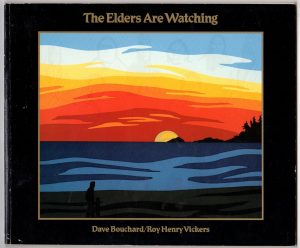 As Native elders have advised from time immemorial, this is a gentle plea to respect the natural environment.
As Native elders have advised from time immemorial, this is a gentle plea to respect the natural environment.
When the award-winning poet David Bouchard first saw the artwork of First Nations artist Roy Henry Vickers, he was struck by Vickers’ reverence for nature, the vibrancy of his colors, and his perceptive understanding of Canada’s rugged West Coast. He saw in Vickers’ images the perfect complement to his own lyrical, thoughtful poetry. They collaborated on the original edition of The Elders Are Watching, which has delighted more than 100,000 readers in four languages. Bouchard says, “Both Roy and I share similar dreams for our children. Through this book, we hope that others will come to share these dreams and together work toward correcting some of the mistakes of the past.”
In this new edition, their vision is as fresh and relevant today as it was when the book was first published. A plea to respect the natural treasures of our environment and a message of concern from aboriginal leaders of the past to the people of the new millennium, The Elder Are Watching has both a timelessness and an urgency that must be heard.
Here Is The Arctic Winter
Arctic Spring
Skeleton Woman
A fisherman accidentally hooks the skeleton of Annuk, a young Aleutian girl who had drowned, on his line, and the fisherman’s compassion for the girl brings her magically back to life, in an Aleutian folktale about the power of love and compassion.

